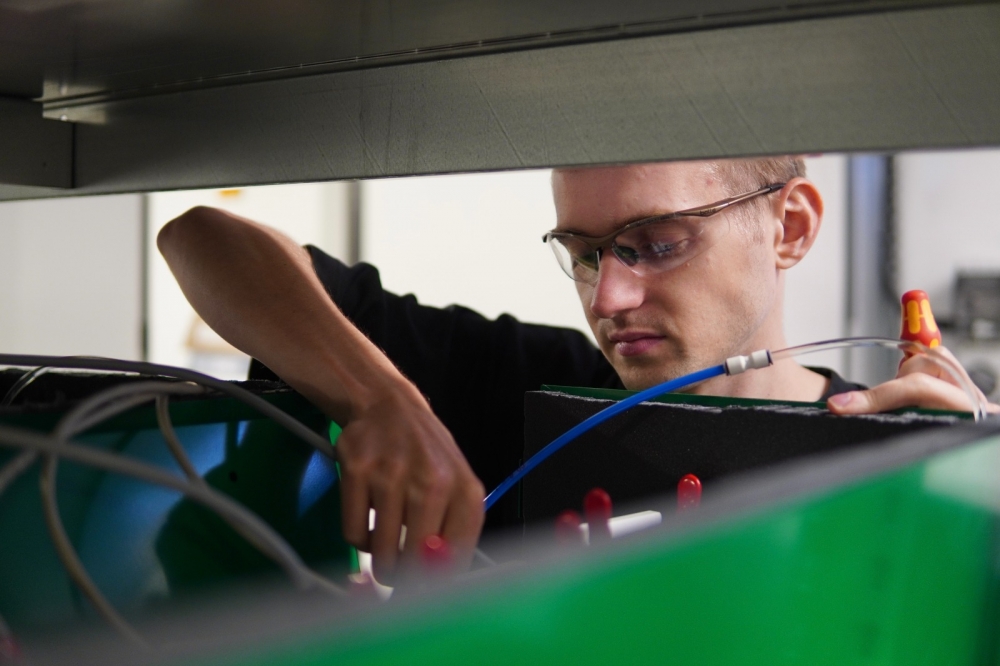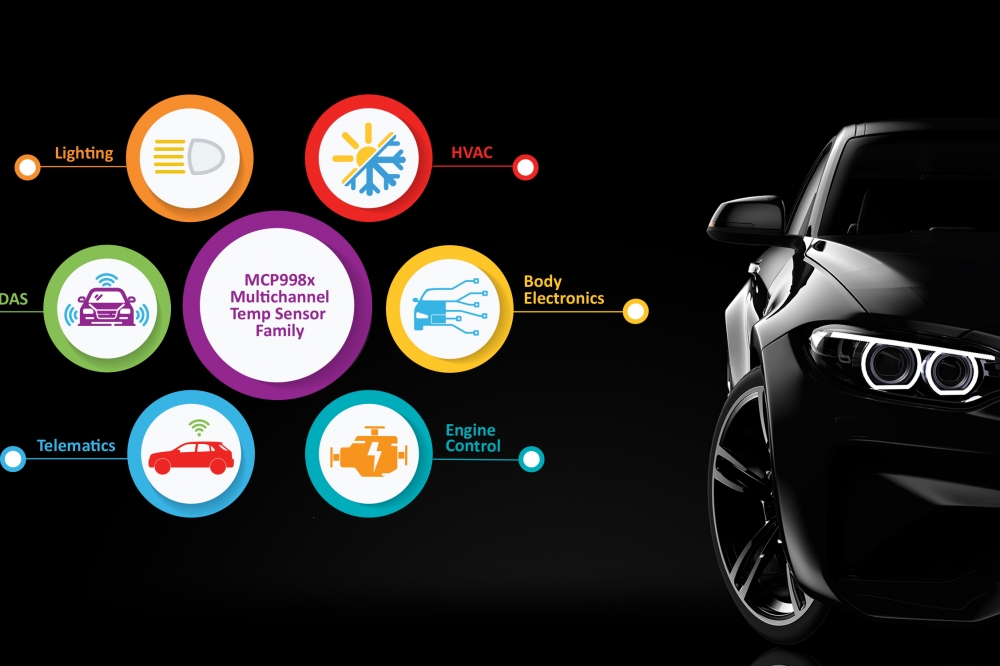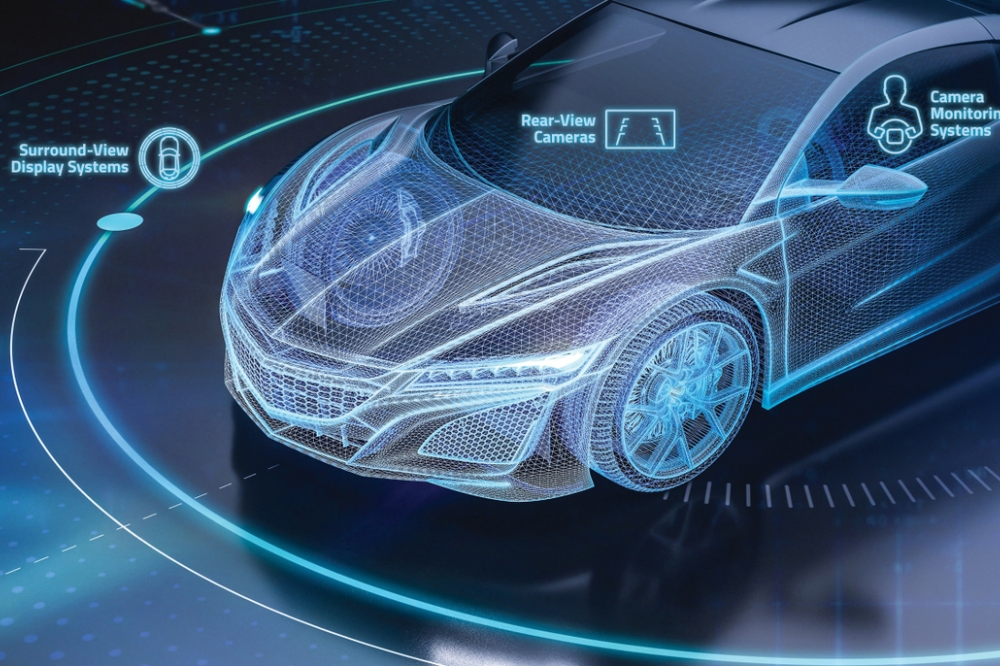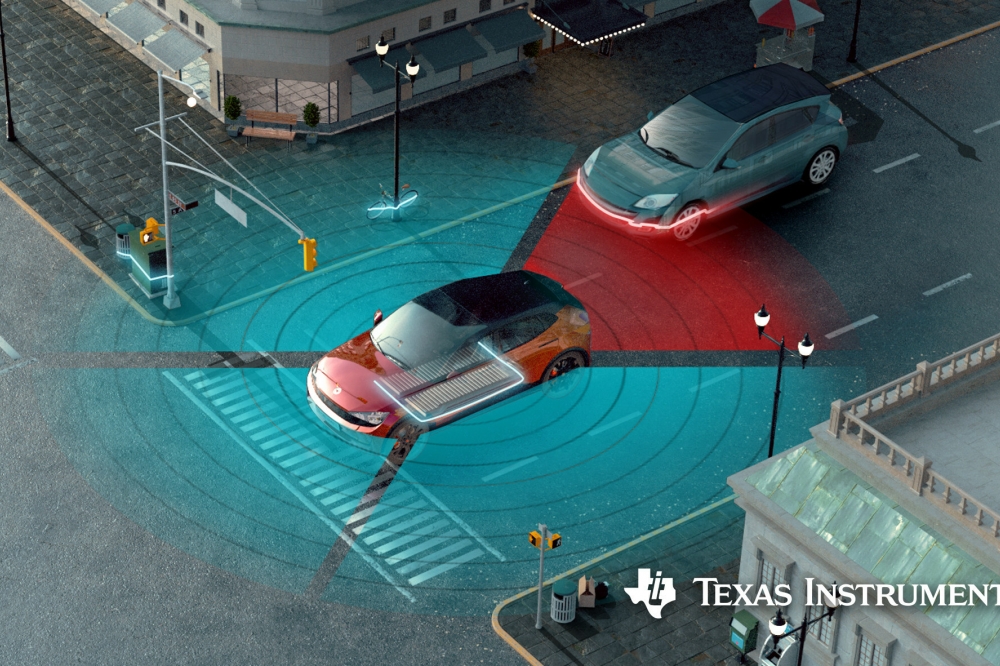Alternatively fuelled vehicle registrations witness surge in 2019
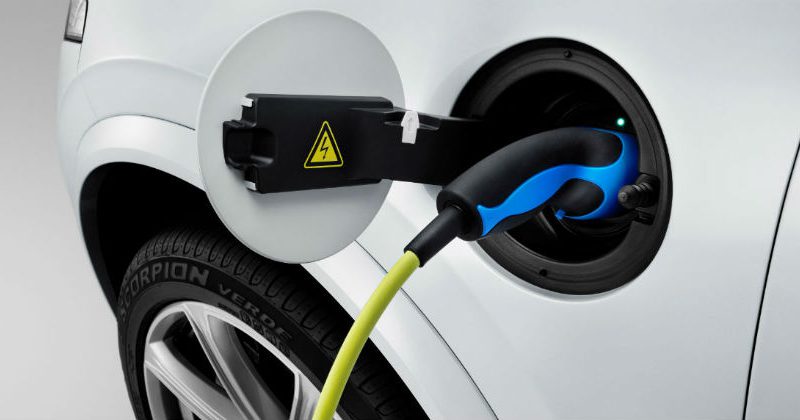
The UK new car market declined in 2019, with annual registrations falling for the third consecutive year, according to figures released by the Society of Motor Manufacturers and Traders (SMMT).
2,311,140 units were registered last year, representing a 2.4% decline as the turbulent market reacted to weak business and consumer confidence, general political and economic instability and confusion over clean air zones.
The annual decline was driven primarily by falling private demand, with registrations from consumers down 3.2%, while the small volume business market also fell, down 34.4%. Fleet registrations, meanwhile, remained broadly stable, up 0.8%. Demand fell across nearly all vehicle segments, with only the dual purpose and specialist sports categories experiencing growth, up 12.0% and 19.2% respectively. Despite registrations of superminis and lower medium cars falling (by 6.0% and 4.0% respectively), these smaller vehicles remain the most popular – with a combined 57.1% market share.
There was modest growth in demand for petrol cars, up 2.2%. However, this was not enough to offset the significant 21.8% decline in diesel registrations. December marked the 33rd month of diesel decline, as continued anti-diesel rhetoric and confusion over clean air zones hit demand. This has resulted in drivers keeping their older, more polluting vehicles on the road for longer, holding back progress towards environmental goals.
Bucking the overall trend, combined alternatively fuelled vehicle (AFV) registrations surged in 2019 to take a record 7.4% market share. Hybrid electric vehicles (HEVs) continued to dominate this sector, with registrations increasing 17.1% to 97,850 units. Battery electric vehicle (BEV) registrations experienced the biggest percentage growth, rising 144.0% to 37,850 units and overtaking plug-in hybrids for the first time.
While the huge increase in BEV demand is welcome, their 1.6% market share is still tiny and underlines the progress needed to reach the 50-70% share the government envisages in the next 10 years. This ambition has not been helped by the significant decline of zero emission-capable plug-in hybrids, down 17.8% – further evidence of the consequences of prematurely removing upfront purchase incentives before the market is ready.
The figures come as SMMT publishes data showing the UK new car fleet average CO2 rose for a third successive year, by 2.7% to 127.9g/km. Massive investment by manufacturers into advanced powertrains, lightweight materials and aerodynamics means new cars are ever more efficient, with new cars emitting, on average, some 29.3% less CO2 than models produced in 2000. However, this could not offset the overall rise which was due primarily to the effect of the more stringent WLTP test of new models, which generally ascribes a higher CO2 value than the older NEDC test to the same model, as well as some segment shifts and the decline in diesel.
December ended a turbulent year on a positive, however, with the market up 3.4%. Fuel type demand mirrored that seen throughout the year, with diesel declining 19.0% and petrol rising 2.6%. Battery electric vehicles saw another huge increase in the last month of the year, up 220.7%, while PHEV registrations grew for only the fourth month this year, up 21.8%.
Mike Hawes, SMMT Chief Executive, said, “A third year of decline for the UK new car market is a significant concern for industry and the wider economy. Political and economic uncertainty, and confusing messages on clean air zones have taken their toll on buyer confidence, with demand for new cars at a six-year low. A stalling market will hinder industry’s ability to meet stringent new CO2 targets and, importantly, undermine wider environmental goals. We urgently need more supportive policies: investment in infrastructure; broader measures to encourage uptake of the latest, low and zero emission cars; and long term purchase incentives to put the UK at the forefront of this technological shift. Industry is playing its part with a raft of exciting new models in 2020 and compelling offers but consumers will only respond if economic confidence is strong and the technology affordable.”
Despite the overall decline in 2019, the UK car market remains the second biggest in the EU, behind Germany. It is also one of the most diverse, with buyers able to choose from some 350 different models available in various fuel types and body styles to suit all driving needs. With nearly 90 exciting new generation models 23 of them zero emission cars and 11 plug-in hybrids – set to make their showroom debuts in 2020, and some compelling deals on offer, the industry is committed to new technology that will benefit consumers and the broader environment.
Alternatively fuelled vehicle registrations witness surge in 2019
Modified on Monday 6th January 2020
Find all articles related to:
Alternatively fuelled vehicle registrations witness surge in 2019


 Add to my Reading List
Add to my Reading List Remove from my Reading List
Remove from my Reading List